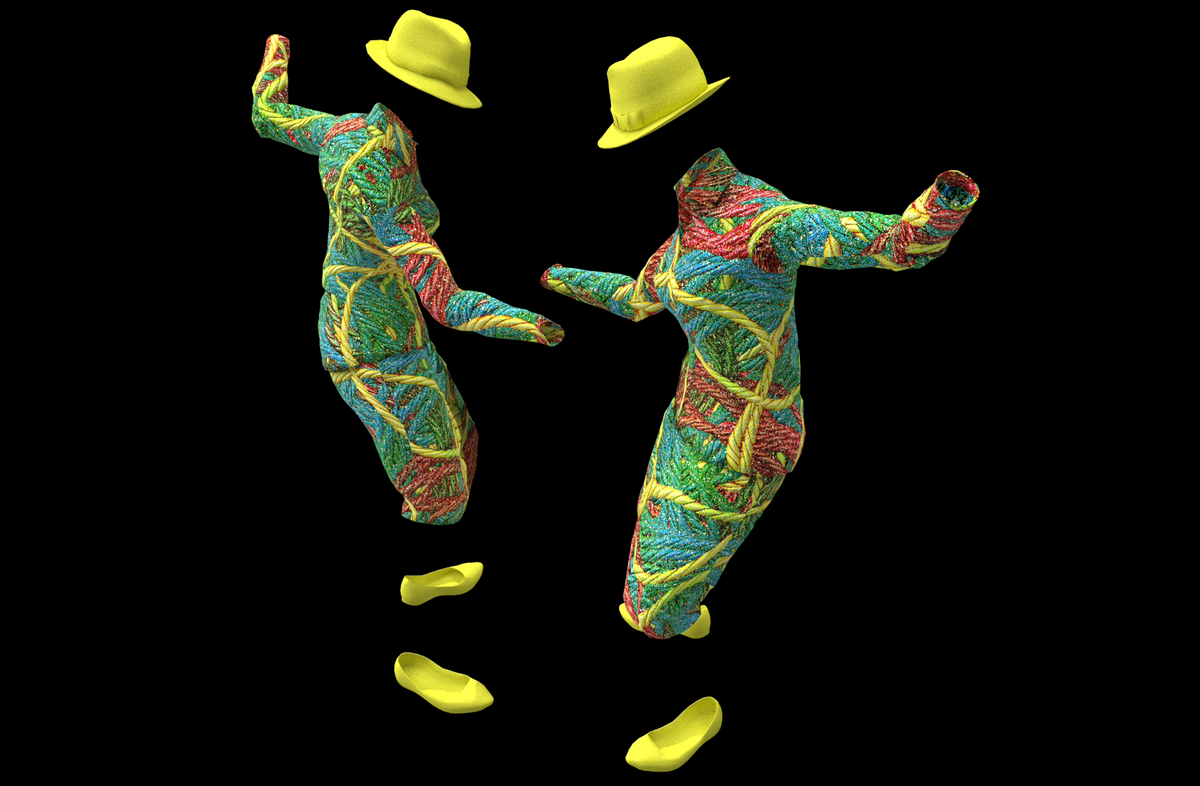Prologue
Nicholas V. K.’s poetic endeavor transcends linguistic formalism and rhetorical convention. It enters the domain of speculative poetics, wherein language is neither static nor inert but alive, active, and cosmogenic.
A metaphysical exegesis of Nicholas V. K.’s poem, where vowels emerge as wandering, articulate forces—cosmic, insurgent, and ultimately sacred.

Unlock access and see the entire library of paid-members only posts.
Sign up now Already have an account? Sign in